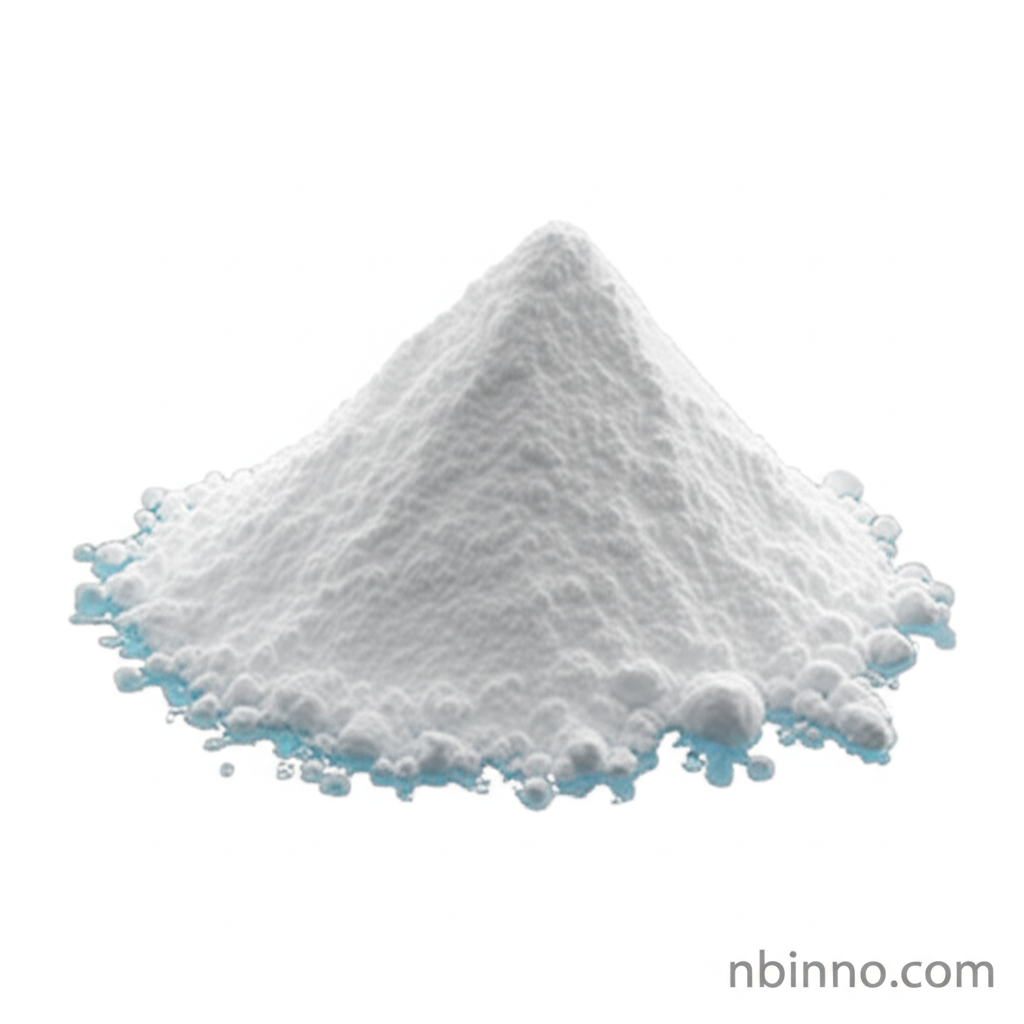Unlock the Versatility of Zinc Stearate: A Key Additive for Plastics, Rubber, and Coatings
Discover the indispensable role of Zinc Stearate as a high-performance additive across diverse industrial applications.
Get a Quote & SampleProduct Core Value

Zinc Stearate
Zinc Stearate is a highly versatile chemical compound, primarily functioning as a lubricant, mold release agent, stabilizer, and dispersing agent. Its unique properties make it crucial for enhancing manufacturing processes and product quality in various sectors, most notably in plastics and rubber industries.
- Leverage the excellent dispersing properties of zinc stearate to achieve uniform pigment distribution in masterbatches and coatings.
- Benefit from zinc stearate's superior mold-releasing capabilities, ensuring smooth separation and preventing adhesion during plastic and rubber processing.
- Enhance the thermal stability of PVC products with zinc stearate, acting as both a stabilizer and a lubricant to improve processing efficiency.
- Utilize zinc stearate as a key plastic additive, improving material flow and preventing degradation, contributing to the overall quality of manufactured goods.
Key Advantages of Zinc Stearate
Enhanced Processability
As a lubricant in plastic and rubber processing, zinc stearate significantly improves material flow and reduces friction, leading to more efficient manufacturing cycles and better product finishes. This is crucial for optimizing production when considering zinc stearate plastic additive.
Superior Release Properties
Zinc stearate is renowned as a powerful mold release agent. This property prevents materials from sticking to molds, reducing scrap rates and improving the surface finish of molded parts. This makes it an ideal zinc stearate mold release agent for intricate designs.
Stabilization and Protection
In applications like PVC, zinc stearate acts as a heat stabilizer and halogen absorber, preventing discoloration and degradation. Its role in enhancing the stability of plastics makes it a vital component for durable products, especially when exploring zinc stearate for rubber processing.
Key Applications
Plastics Industry
Zinc stearate is extensively used as a lubricant, release agent, and stabilizer in the production of various plastics, including PVC, ABS, and polyolefins, contributing to improved processing and product longevity.
Rubber Industry
In rubber manufacturing, it functions as a processing aid, lubricant, and anti-adhesion agent, facilitating easier handling of rubber compounds and preventing sticking during vulcanization and molding processes.
Paints and Coatings
It serves as a matting agent in paints, providing a desired surface finish, and as a dispersing agent to ensure uniform pigment distribution, enhancing the overall aesthetic and performance of coatings.
Cosmetics and Pharmaceuticals
In cosmetics, it acts as a binder and texture enhancer in powders and creams. In pharmaceuticals, it serves as a lubricant in tablet manufacturing, ensuring smooth production and preventing adherence to machinery.
